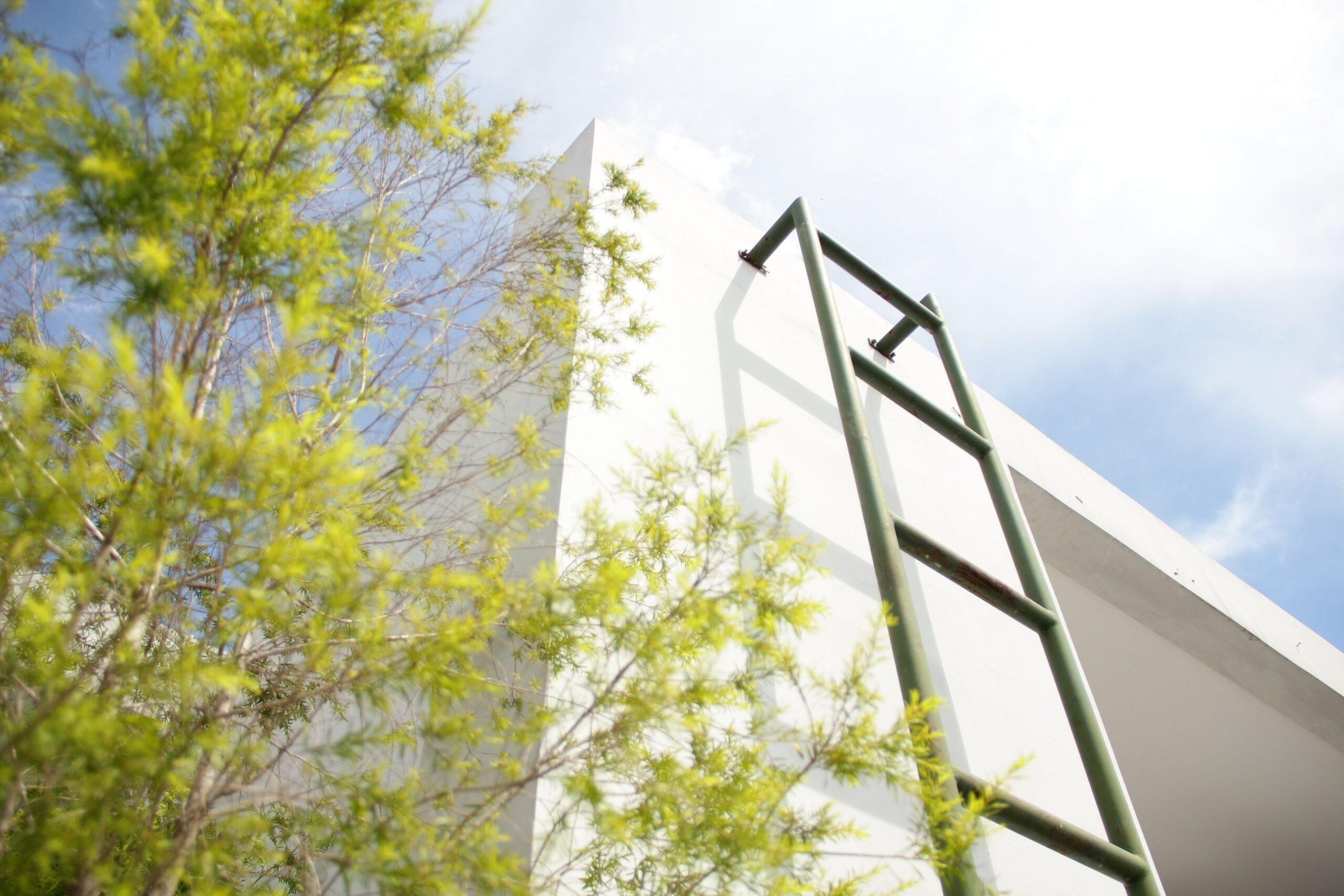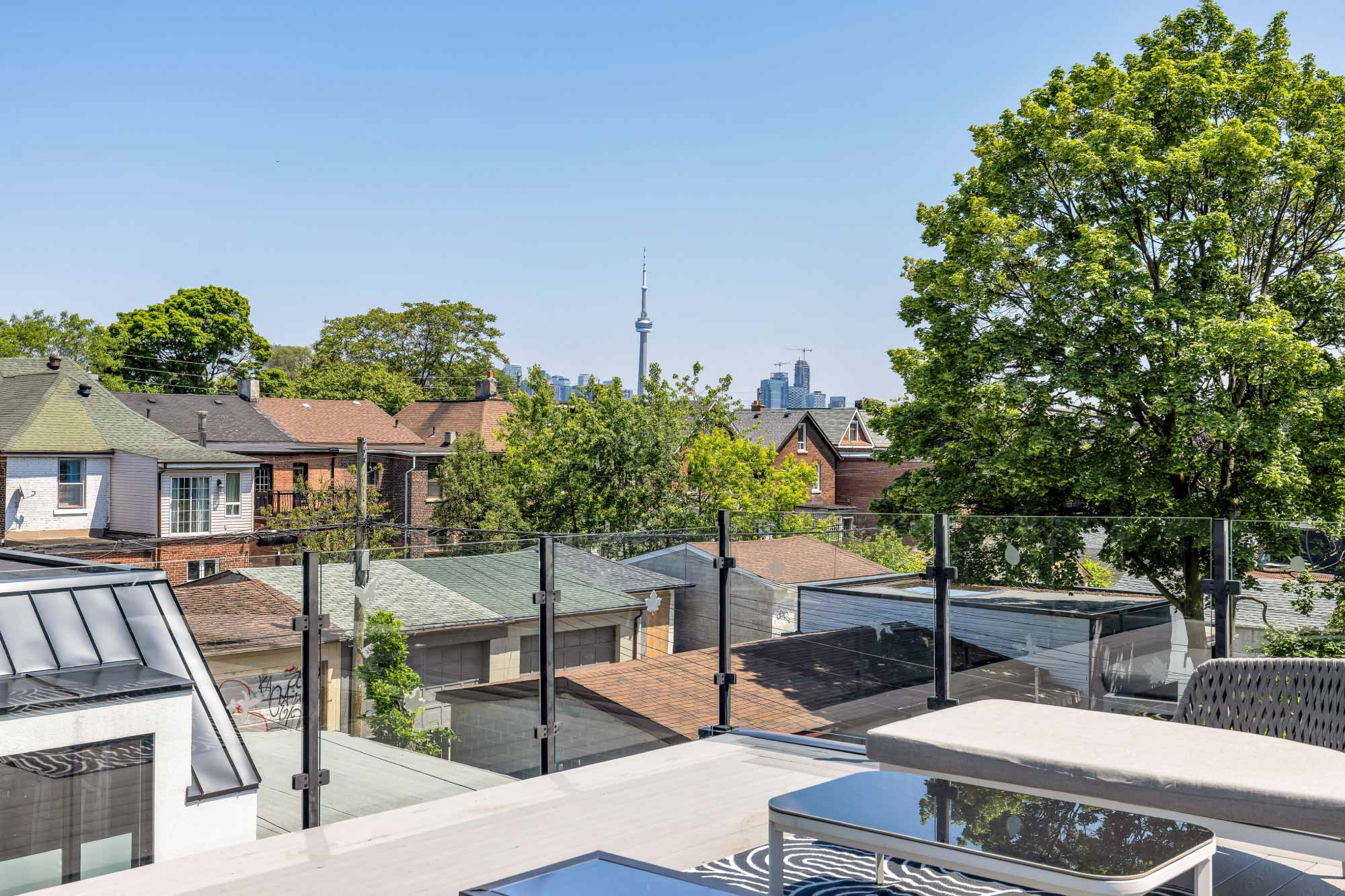At first glance, the concept of real estate seems simple, even if housing prices and demand for homes are at an all-time high. If you have the money, you can buy a home. If not, you may find yourself in the rental market for quite some time.
However, there is more to real estate than meets the eye. During your research stages, you’ll discover a lot of terms and lingo, and you will certainly encounter challenges. The good news is that you may also uncover hidden possibilities and opportunities you weren’t even aware of. Let’s start with a description of the property ladder, what it means, and a few unconventional ways you can get onto that first rung sooner than you may have thought possible.
A Hierarchy of Ownership
Real estate tycoons grace the pages of investment and business magazines, living a lavish lifestyle that most people can only dream of. With their vast portfolios containing multiple properties and sources of income, they sit at the highest rungs of the property ladder. However, real estate investors can come from all backgrounds and walks of life, and many are just regular people who have worked hard and kept their eyes open for any opportunity to get into the market. Your quiet, unassuming neighbour could very well be one of these low-key real estate investors!
At the other end of the adder, you have people renting who have yet to purchase a property of any kind. They may be renting an apartment or staying with family in the meantime. Once they buy a house, condo, or townhouse as their primary residence, they take the first step.
As a new homeowner, their equity will grow with each mortgage payment and every time their property rises in value. The more equity they build, the more opportunities unfold. Purchasing your first primary residence, no matter how small or entry-level, gets you onto the first step of the property ladder!
Before buying your first home, it pays to be ready for anything. The related reading below will help you stay informed:
- What You Should Know Before Buying A House With Someone Else
- Real Estate Fraud? Yes, It’s A Thing
- What Is the Real Estate Closing Process in Canada?
Why Real Estate Is Almost Always a Viable Investment
Why is it so critical to get into the real estate market as early as you can? For perspective, let’s take a look at the average price of a house in 2015. It may seem unbelievable now, but you could reasonably expect to purchase a home for $552,575 at one point.
Fast forward to January 2023, and the average price in the GTA was sitting at $1,038,668. Though results aren’t always typical, in this case, you would have almost doubled your equity and purchasing power in less than ten years. As with many investments, the potential payoff is higher when you get in early. Fortunately, real estate tends to be one of the safest investments you can make, with higher returns over the long term and less volatility than the stock market or other vehicles.
Are You Ready to Make the Leap?
What do you need to purchase your first house and get a foothold on the ladder? If you’ve begun your research, you have undoubtedly encountered terms like deposits, down payments, variable mortgages, and fixed interest rates. Let’s take a closer look at what all of this means so you can begin to evaluate your resources and readiness to purchase.
Down Payment
You may have heard that you need 20% upfront before you can even think about getting into the housing market. While this is true on properties $1 million and over, it doesn’t necessarily apply to you as a first-time buyer. If your primary residence is less than $1 million, the requirements are less stringent and could be as low as 5 to 10%.
To illustrate, let’s imagine you are buying a $700,000 condo. You need 5% on the first $500,000, or $25,000. Then, add 10% of any amount over $500,000. In this case, that works out to an additional $20,000. Your total down payment becomes $45,000 ($25,000 + $20,000). With fractional ownership opportunities or partnerships, your upfront costs can be even lower.
Deposit
The primary difference between the down payment and the deposit is when the money is due. A deposit is a small amount placed in good faith within a day or two after a seller accepts your offer. Typically, this can amount to 3 to 5% of the total purchase price. When the transaction closes, your deposit gets added to the remainder of your down payment which is now transferred to the seller.
Variable Mortgage Rates
If you’ve been following the news, you have likely heard that the Bank of Canada has changed the interest rates several times in 2022 and 2023. Variable mortgages are affected by these changes, which means your interest can fluctuate from one month to the next. During periods of high interest, your lender may allow you to extend your amortization period to keep your payments affordable. If rates rise too much, it might be time to consider switching to a fixed mortgage.
Fixed Rate Mortgages
A fixed mortgage means your interest rates are locked in for the duration of your term. They are also tied to bond yields rather than the Bank of Canada, meaning fixed rates can be more stable during inflation and economic uncertainty. The advantage is your rate stays the same even when variable rates rise. The downside is that your rate remains locked in even if the Bank of Canada rate drops.
Looking for even more information about buying or selling real estate in Toronto? Here are some related reads you may also enjoy:
- Everything You Need to Know Before Selling Your First Home
- What Is the Real Estate Closing Process in Canada?
- Everything You Need to Know About Land Transfer Taxes
You Have More Resources Than You May Realize
Getting onto the property ladder for the first time can seem like a nearly impossible feat as housing prices in the GTA continue to rise. However, there are resources available to you, including the Home Buyer’s Plan and the First-Time Home Buyers Incentive, that can help with your down payment. The provincial and municipal governments both offer a Land Transfer Tax Rebate, which can save you thousands of dollars on closing costs. In addition, the First Time Buyer Tax Credit can result in a greater refund come tax time. These funds can go a long way toward covering the costs of your move.
Financial incentives can be helpful, but a local real estate agent can open your eyes to even more opportunities. For example, perhaps you can buy as a group, find a co-signer or find a home with income potential that will cover all or most of your carrying costs. Once you begin exploring your opportunities, it may not be long until you find yourself moving up a notch on the property ladder in the GTA.
Are you ready to begin searching for the right real estate opportunity in Toronto? We are standing by to help and answer all of your questions. Reach out by emailing ana@asantos.ca or call us at 647.232.7317 for more information.

Meet The Team
See how our dynamic duo leads a smart strategy to help you sell your Toronto home for top dollar.









